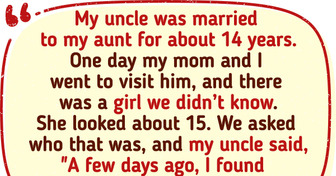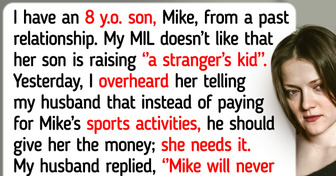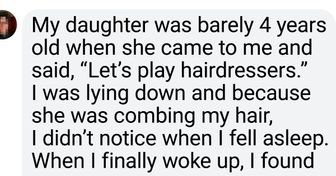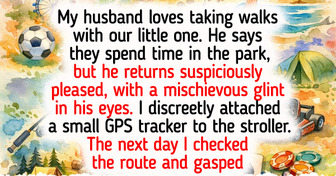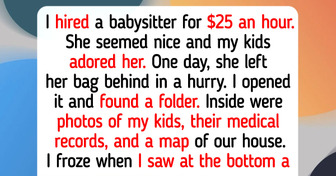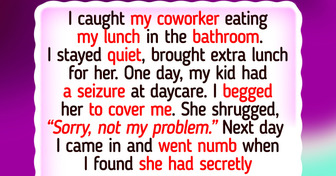9 Moms Who’d Rather Forget Their Bank PIN Than Meet Their Daughter-in-Law
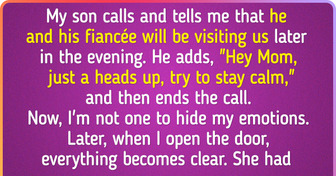
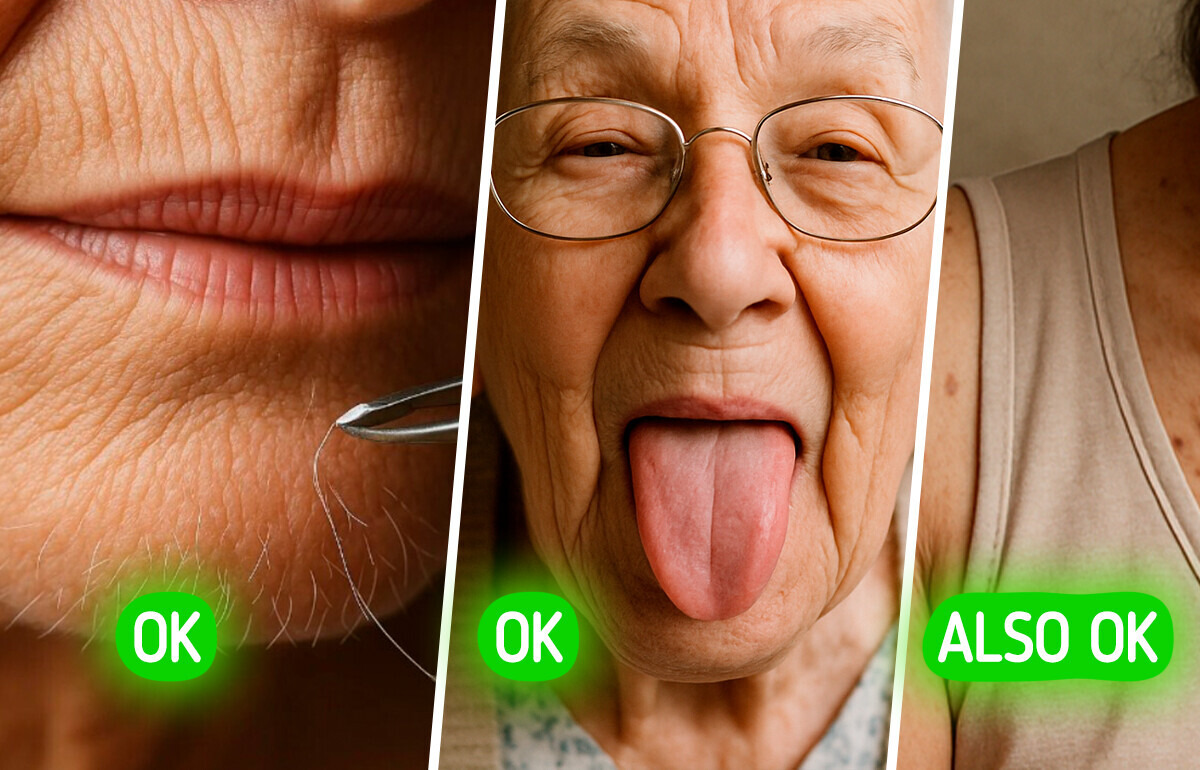
Not every sign of aging indicates a health problem — some signs are just the normal, beautiful signs. But what does aging normally look like and how do you know that it’s not an alarm bell but a normal part of the process. Let’s help you distinguish between natural indicators of aging and age-related health issues so that you can calmly wear your gray hair as a crown of honor rather than worry.
Content is provided for informational purposes only and is not intended as a substitute for medical advice. Seek guidance from your doctor regarding your health and medical conditions.
They are a beautiful sign of a life filled with emotion. Medically known as Nasolabial Folds, smile or laugh lines are very common and become more prominent and defined in elderly men and women to the point of appearing even when one is not smiling.
It’s caused by aging as when you are getting older, gravity can pull down loose skin around your cheekbones and older skin has fewer natural compounds like collagen and elastin — which decreases skin elasticity, resilience, stretchiness, and the capacity to maintain its original shape.
Other causes could be sun damage, weight loss or weight gain.
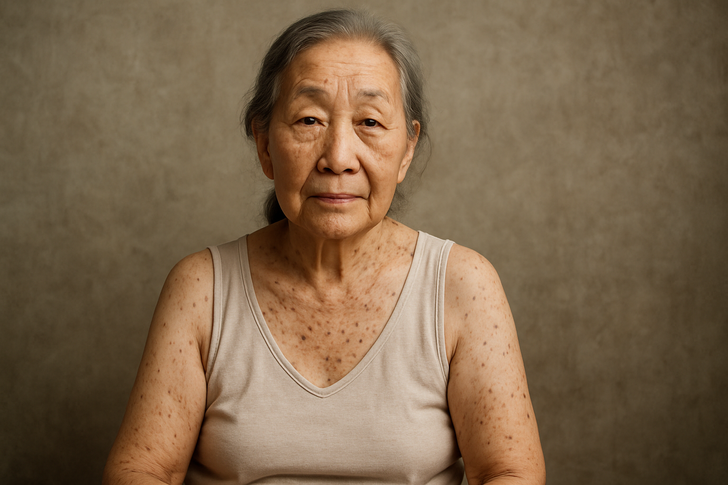
Also known as age spots — they are small, flat dark marks that appear on the skin. They are more common in adults over 50 years of age, and they are just a sign that your skin has been exposed to the sun a lot, so it’s your body’s attempt to protect your skin from sun damage. Dark spots from sun exposure tend to increase with age, but the best way to clear them up would be by wearing sunscreen or avoiding the sun — but that’s completely up to you.
It could be a sign of cancer, though, so seek medical advice when spots:
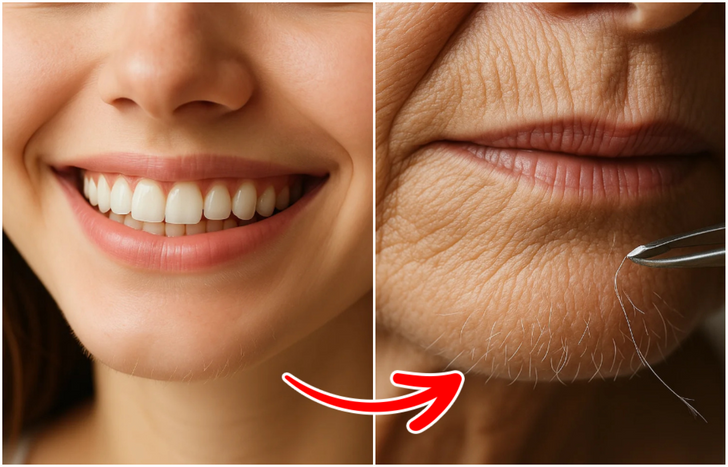
We know hair loss occurs on both the body and the face as people age, but women’s remaining facial hair may actually become coarser, particularly on the chin and around the lips, and it’s completely normal. Men may also have longer and thicker brow, ear, and nose hairs. It’s not necessarily a sign of aging badly — it’s actually just a change in hormones.
Contact your health provider if hair loss is sudden, as it may indicate a health problem.
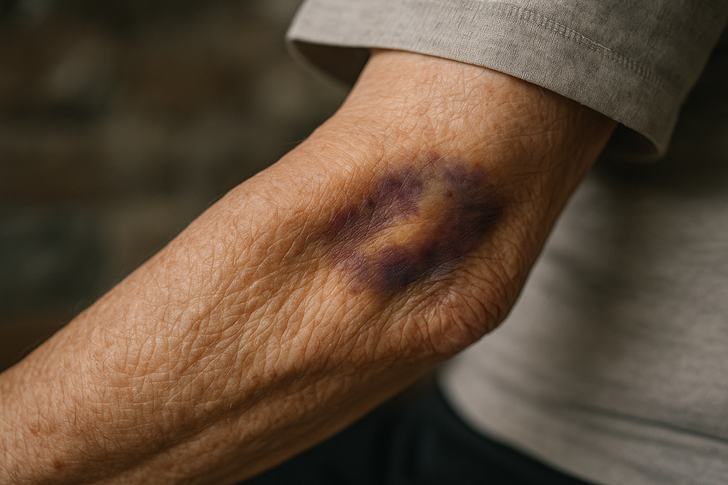
Yet another bruise that you don’t remember how it got there? Older people bruise easily because it’s a part of aging.
This happens because tiny blood vessels near the skin’s surface break as a result of an accident, most commonly on the arms and legs. The blood leaves a black mark, which disappears as the body progressively absorbs it. With age, the skin thins and loses part of its protective fat, leaving older people more prone to bruising.
It could also be an effect of medication which could be causing skin to thin and bruise easily. Speak to your health professional whether this should happen.
Easy bruising can occasionally be caused by an underlying medical condition, such as a blood ailment or clotting problem. It’s critical to see a doctor if you:

Yes, shortness is a normal part of aging — it’s also the ticket to greater legroom. Older women can lose about two inches of height, while older men only lose about 1.2 inches by the age of 70.
This might happen when the abdominal and lower-back muscles around your spine are not strong enough anymore to hold your back up, especially if you haven’t engaged them in physical activity or targeted them in your exercise routines as you age.
Adding Calcium and vitamin D to your diet might slow down the shrinkage as they improve your bone health — as well as adding some good old exercise.
Usually it’s nothing to worry about, but see a doctor if you’ve shrunk and have weakened bones with poor density, as it could indicate osteoporosis.
Elderly people tend to layer up more because they are more sensitive to the cold than younger people. This is due to various changes in your body causing you to feel colder.
While it’s usually nothing to worry about, check with your medical provider as feeling colder than usual could be a sign of cardiovascular disease, anemia, kidney disease, diabetes or thyroid problems.
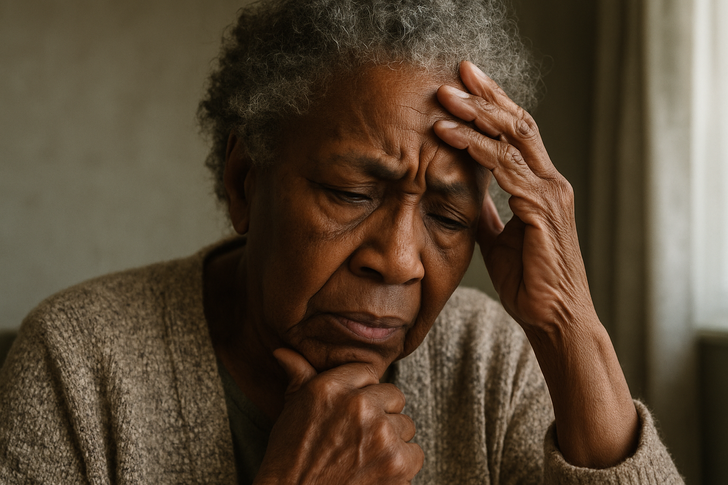
Struggling occasionally to remember a name or find the right word is extremely common and not a cause for panic — it’s known as “tip-of-the-tongue” syndrome. Memory and reasoning skills are the natural deterioration that comes with aging — it just shouldn’t disturb your daily life. Common indicators include occasional forgetfulness, slower learning, difficulty multitasking, and difficulty recalling words—all of which can occur in younger people as well. It just might become more evident as people age.
Tips to keep your mind healthy:
If symptoms are sudden and extreme then it could be a sign of early dementia, so seek medical advice should you notice a rapid increase in memory loss.
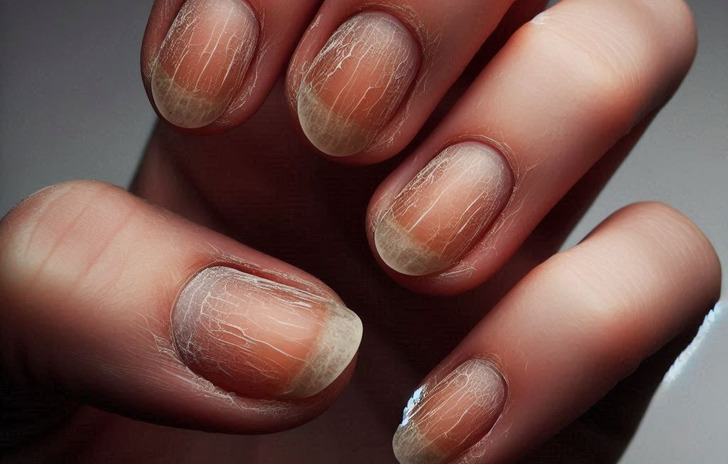
A natural part of the aging process are changes in nails. As people age, their nails grow slower and become dull, brittle, and discolored, ranging from translucent to yellow and opaque. Toenails may thicken and stiffen, increasing the likelihood of an ingrown nail, and fingernail tips may split. It is also normal to see lengthwise ridges on both fingernails and toes.
Many of these changes are typical of aging, but some may be caused by infections, nutritional shortages, accidents, or other health difficulties, so get medical attention should you suspect an underlying condition.
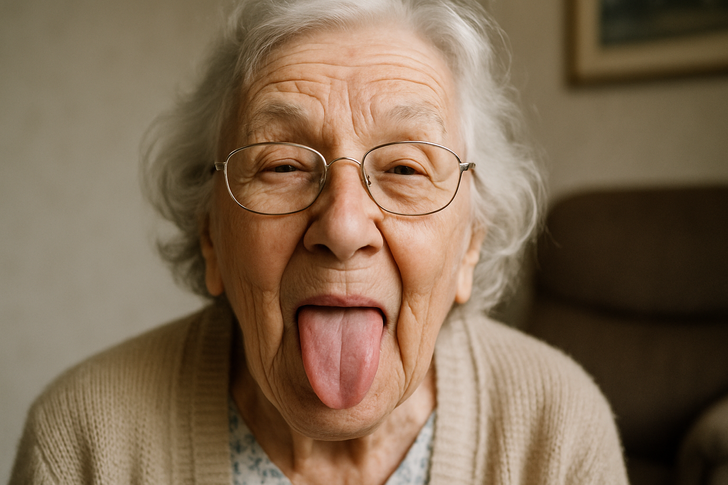
Adults have about 10 000 taste buds, but as we get older, that number goes down. The mouth also produces less saliva, meaning a drier mouth, and combined with a low number of taste buds, this makes it harder to taste food as usual. Taste sensitivity may also be impacted by age-related nerve degeneration.
Other age-related causes of losing taste-buds could be:
Do not add more salt or sugar to food if you notice that your taste buds are lacking as this could lead to health problems like high blood pressure and diabetes, and don’t stop eating food either as this could lead to malnutrition or weight loss.
If taste worsens significantly, seek medical advice.
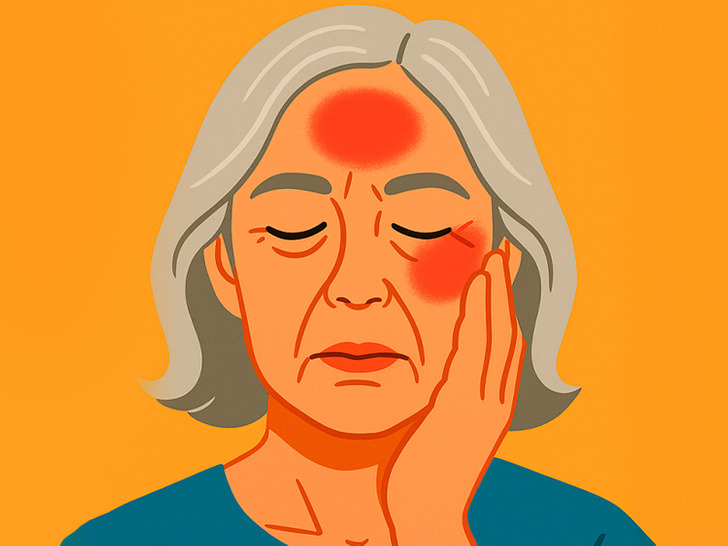
Here’s one where women have the upperhand. As you get older, you may actually experience fewer migraines because after menopause, they can decrease.
With migraines usually affecting more women than men, menopause cuts most women a break when hormones that once triggered the migraine no longer take place. This decreases the occurrence of the migraines. Whatever the reason, it’s a win for women.
Aging is a beautiful process that we should embrace rather than scorn. Here’s some style support that will help you keep looking good as you age with grace.


